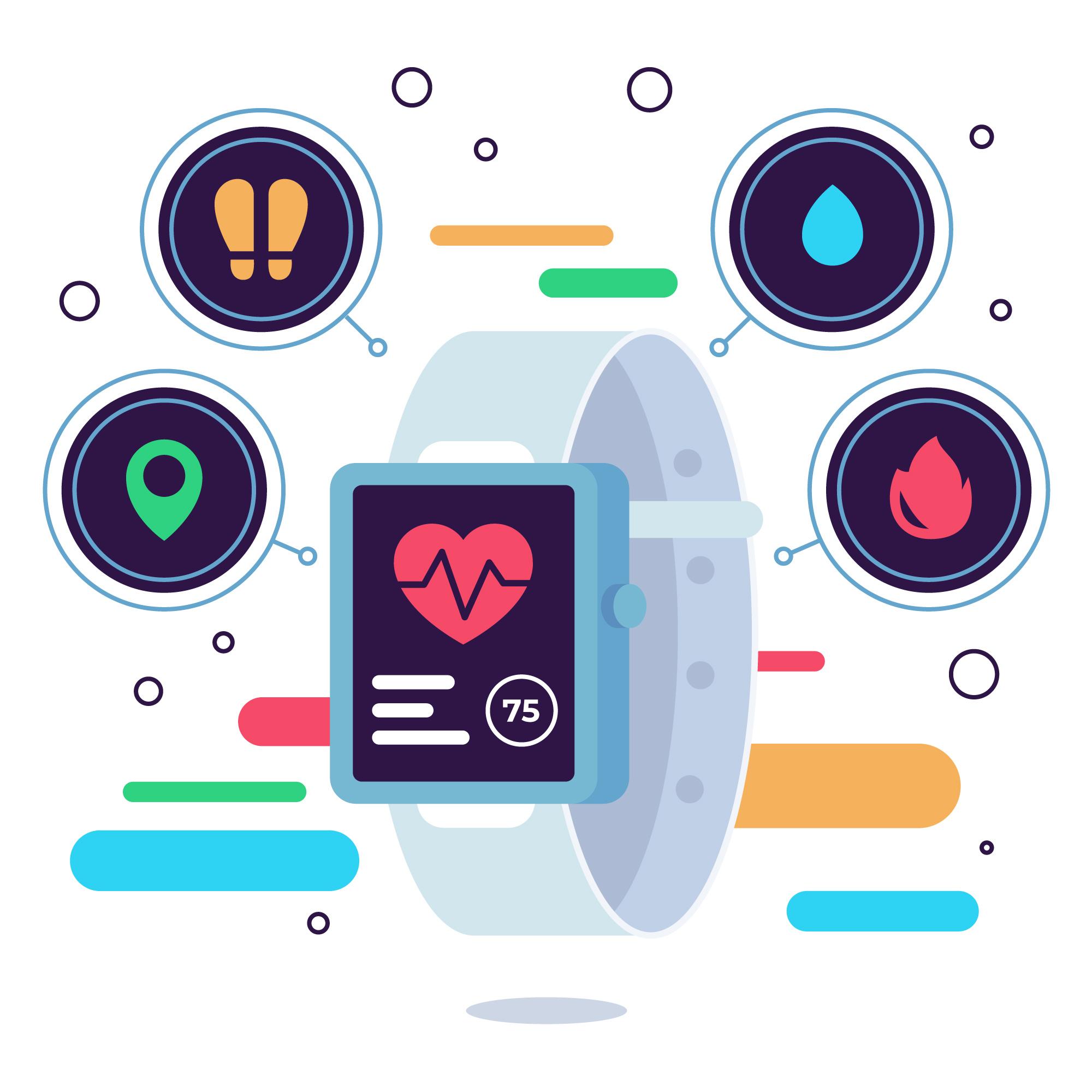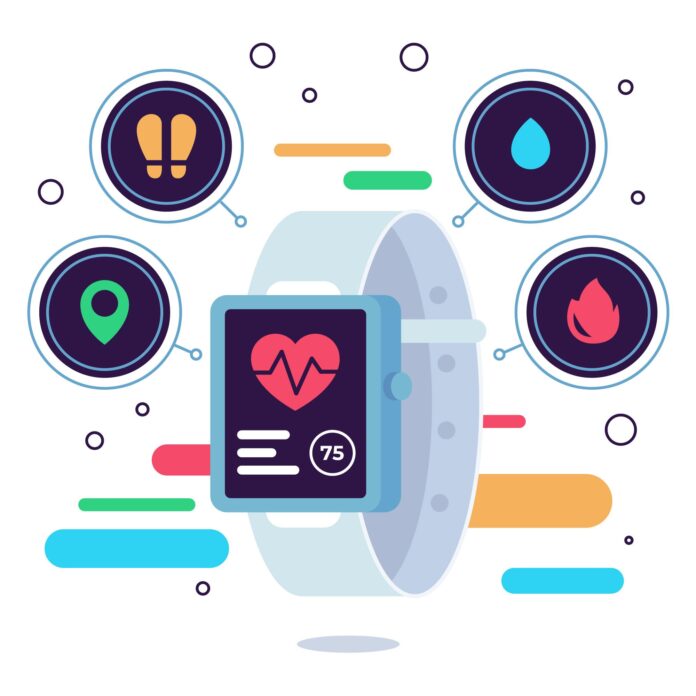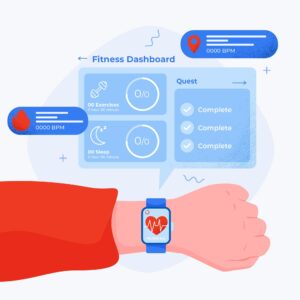Wearable Technology in Healthcare: Unveiling the Future of Medicine


Do you recall the days when all fitness trackers could do was count steps and measure sleep? As we dive more into the world of digital health, wearable technology has gone beyond those early stages of detection, with the ability to track glucose levels in real-time, identify irregular heart rhythms, and even anticipate seizures. This transformation ushers in a new era of patient empowerment through personalized, data-driven decision-making, continuous monitoring, and preventive healthcare by blurring the boundaries between consumer electronics and medical devices.
Still, there are challenges along the way. Affordability, patient information security, data veracity, and regulatory compliance continue to be significant hurdles. Yet, these risks are greatly outweighed by the potential benefits of wearable technology in healthcare. We will discuss several forms of wearable health technology in this blog, along with its advantages, drawbacks, and prospects for use in medicine.
Where are we now?
There are many different ways that wearable technology is being used in healthcare. For example, devices with EKG sensors can track a patient’s heart activity and provide vital information for identifying cardiac anomalies. Additionally, wearable technology has emerged as a key component in the management of chronic diseases, including tools such as glucose monitors for diabetics that enable ongoing observation and prompt action. These tools greatly improve patient outcomes by giving people the ability to take charge of their own health and by empowering healthcare professionals to make well-informed decisions.
How are wearable health monitoring devices transforming healthcare?
Through the implementation of a proactive approach to health management, wearable health technologies are transforming the healthcare industry. These gadgets give real-time data that is vital for patients and healthcare professionals, enabling ongoing monitoring of a range of health issues. Data-driven decision-making is made possible by the real-time data, which greatly enhances patient outcomes. Wearables with EKG sensors, for example, sense several physiological signals while monitoring a patient’s heart activity, playing a crucial part in modern healthcare.
Evolution from Simple Fitness Trackers to Advanced Medical Devices
There has been a major advancement in healthcare with the transition from simple activity monitors to sophisticated medical gadgets. The potential to treat neurological conditions and improve cognitive abilities is becoming more real thanks to inventions like Elon Musk’s Neuralink. Early illness identification and preventive healthcare are made easier by the predictive analytics and personalized insights made possible by the integration of AI and machine learning in wearables.
Exploring Different Types of Wearable Technology in Healthcare
Beyond fitness trackers, the range of healthcare wearables has applications for a variety of users, including patients with chronic diseases and fitness enthusiasts. By managing health data and providing precise diagnoses, these technologies improve patient care and transform it into more individualized and effective treatment.
Overcoming Wearable Health Technology Challenges and Limitations
Wearable health devices have promise, but there are still issues with data security, accuracy, cost, and regulatory compliance. For wearable technology to be widely used in healthcare and be effective, several issues must be resolved.
What’s Next?

The potential of wearable technology in healthcare is virtually limitless as we look to the future. The following areas will witness important developments:
Decentralized trials and remote patient monitoring: In the future, more decentralized trials and remote patient monitoring will be available, improving access to healthcare, particularly for people living in remote places. Additionally, this will facilitate decentralized clinical trials, which will enable more varied participant recruiting and instantaneous data gathering.
Predictive Wearables: The upcoming line of wearable technology will be able to anticipate possible health problems before they manifest, in addition to monitoring health. These gadgets might be able to predict illnesses like allergic responses or heart attacks by using AI and data analytics, allowing for the prevention of such events.
Smart Clothing and Implants: By incorporating health monitoring features into commonplace objects like smart clothing, continuous health tracking will be possible without the use of conventional wearable technology. Furthermore, new avenues in healthcare will be opened by developments in implants, such as brain interfaces for the treatment of neurological illnesses.
Decentralizing Diagnostics and Medicines: Wearable technology is expected to be a major factor in the decentralization of diagnostics and medicines in the future. These devices can help with early detection and individualized treatment strategies outside of traditional hospital settings by delivering accurate and up-to-date health data.
Encouraging Patient-Provider : Wearable technology will help patients and medical professionals work together more effectively. Patients can actively participate in their healthcare decisions, and physicians can give more prompt and individualized care when they have access to real-time health data.
link




